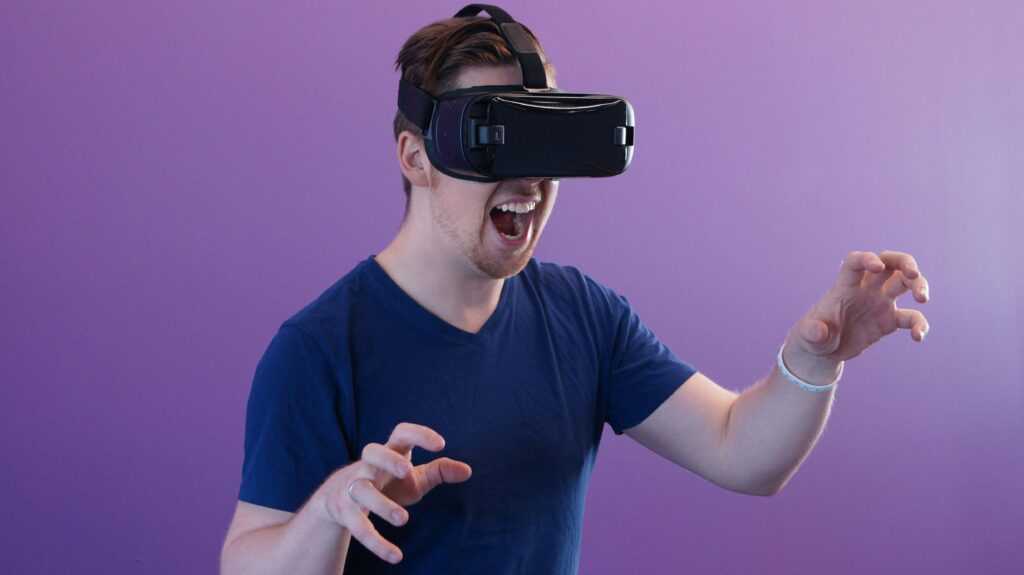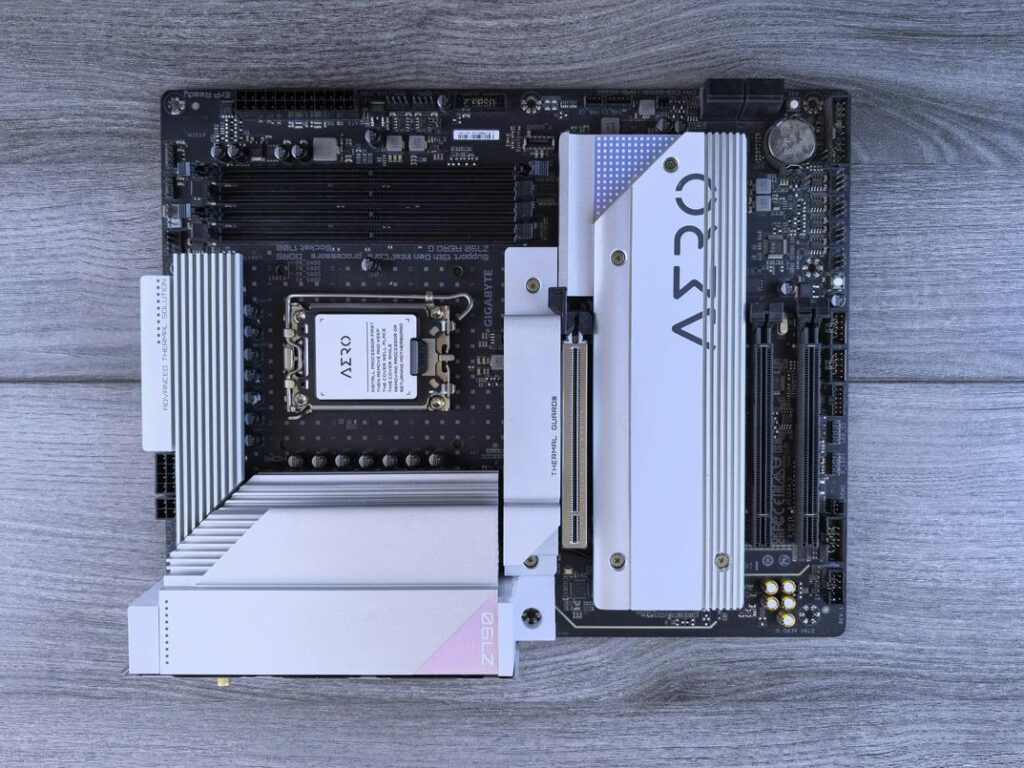Casinos have always been more than gambling places. They are entertainment hubs, social environments, and cultural landmarks. Yet the digital revolution has been gradually moving gambling away from the brick-and-mortar environment and into the online world. Now, with the maturity of virtual reality technology, a new prospect has arisen: fully immersive virtual reality casinos that may compete with, and potentially even replace, the brick-and-mortar casino experience.
This shift is not only about convenience but also about creating new forms of interaction and entertainment. Many online platforms are already experimenting with ways to attract players by lowering the barriers for entry, such as casino $1 deposit options that enable people to try out the experience with little risk. In the world of VR, this same philosophy of accessibility could be a driving force for adoption in younger generations.
The Appeal of Immersion
A A significant benefit that VR casinos have over their physical counterparts is immersion. With a headset and controllers, players can step into a richly designed environment that mimics the glamour and energy of Las Vegas, without leaving their homes. Unlike normal online gambling, in VR players can walk through virtual halls, sit at tables, handle cards and even engage with other avatars.
For the next generation, growing up with video games and digital entertainment, immersion is not a luxury; it’s an expectation. They crave experiences that blur the line between the real and the virtual and VR casinos deliver precisely that. A physical casino may provide atmosphere, but VR can replicate that while adding layers of impossible worlds, fantasy themes and customizable experiences that no physical location can match.
Accessibility Unlimited
Moreover, one of the biggest challenges of the physical casino is location. Not everyone can afford to visit gambling hubs in places like Las Vegas, Macau, or Monte Carlo. Even smaller local casinos may be limited by regional laws or simply too far to visit regularly. VR casinos eliminate this barrier.
By logging in to a VR platform, a player can gain instant access to games, tournaments, and social events without leaving their living room. This type of accessibility is ideally suited to the expectations of younger audiences for whom entertainment delivery is already on demand. Just as streaming services have disrupted traditional television, VR casinos have the potential to disrupt the casino industry by making the complete experience available anywhere and at any time.
Social Interaction in the Virtual Space
Physical casinos thrive on their social environments. From the chatter of the crowd to the chatter at poker tables, much of the appeal is the interaction with other people. Traditional online casinos have a hard time replicating this, with at best a chat box or live dealer stream. VR casinos, however, are rewriting the rules.
In a VR casino, players can use avatars to walk up to tables and engage in real-time conversations as well as read the body language through gestures. Multiplayer games are more realistic and friendships or rivalries can be developed just as they would in a physical environment. For a generation that spends a lot of time in online multiplayer games, this social aspect would make VR casinos far more compelling than a trip to a physical building.
Customisation and Personalisation
Another advantage that VR casinos have is that of deep personalisation. Physical casinos are static spaces, bound by architecture and geography. In a VR casino, players can customise their avatars, select the themes of their environments, and even create private tables for friends. Developers can create spaces that don’t just mimic real-world casinos, but leap into imaginative, futuristic, or fantasy-based spaces.
For the next generation, who place value on individuality and personalisation in all their digital interactions, this flexibility is key. A player may want a sleek, high-tech casino one day and a whimsical fantasy the next. VR is making this possible in ways that physical casinos can’t compete.
Cost Efficiency and Low Barriers to Entry
Visiting a physical casino means travelling expenses, accommodation and often large budgets for playing. VR casinos cut these costs, meaning that players can play with as much or as little investment as they wish. Lower deposit options and flexible betting systems make the experience inclusive, not just for high rollers.
Younger users, in particular, tend to be less willing to invest a significant amount of money up front. They like accessible entertainment that doesn’t require huge financial commitments. VR casinos, with their potential for low entry thresholds and flexible gameplay, are a perfect fit for these preferences, making them more appealing than the often intimidating atmosphere of physical casinos.
The Evolution of Technology
VR technology is evolving rapidly, with headsets becoming lighter, more affordable, and increasingly accessible. As the graphics improve and the internet speed increases, the quality of VR casino experiences will only improve. Features like haptic feedback, realistic physics and spatial audio will further blur the line between digital and physical environments.
This rate of innovation means that the next generation might discover that VR casinos aren’t merely comparable to real ones, but better. The ability to constantly update and expand virtual environments ensures that the experience is not repeated and for physical casinos, the expense of renovations and physical space.
The Challenge for Physical Casinos
Physical casinos won’t go away overnight. They still have a cultural value, particularly to older generations who value the prestige and tradition of iconic venues. However, with the younger generations becoming the primary audience for gambling entertainment, physical casinos may find themselves struggling to compete.
To stay relevant, many physical casinos may start investing in a hybrid experience, incorporating VR elements into their offerings or launching their own digital platforms. The competition between physical and virtual gambling spaces is likely to heat up, but the flexibility and scalability of VR will give it a great edge in the long run.
The next generation of players is growing up in a digital-first world where immersion, accessibility and personalisation are the benchmarks of great entertainment. VR casinos provide all of these and more, giving you a gambling experience that is on par with physical gambling venues and far more innovative and flexible.
While traditional casinos will continue to have their place as landmarks of luxury and history, the tide is shifting towards virtual platforms. For many players, the excitement of stepping into a VR casino from the comfort of their own home may soon feel more exciting and more practical than booking a flight to Las Vegas. The future of gambling may very well be virtual, and for the next generation, virtual reality gambling casinos may just be the new norm.



